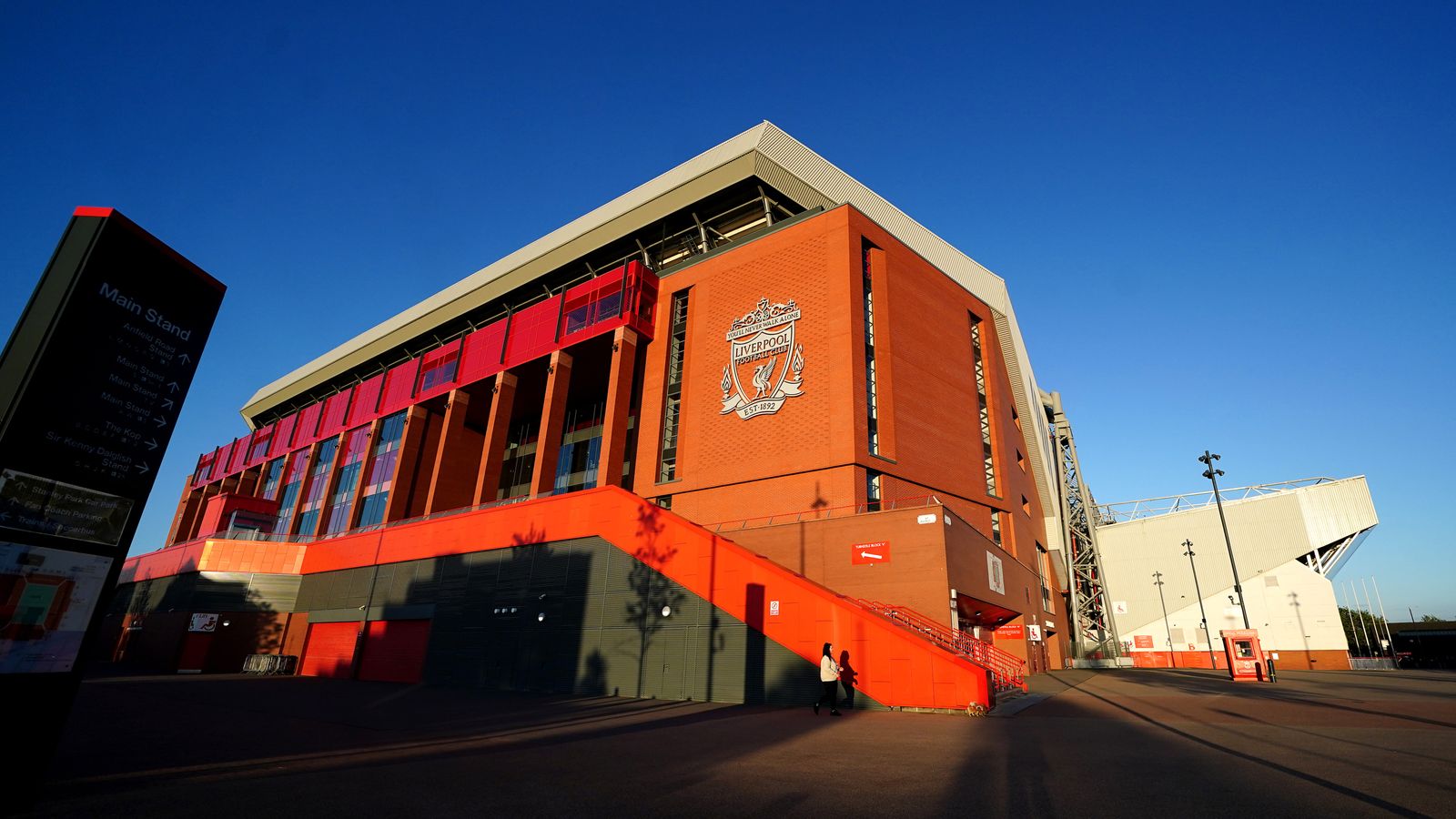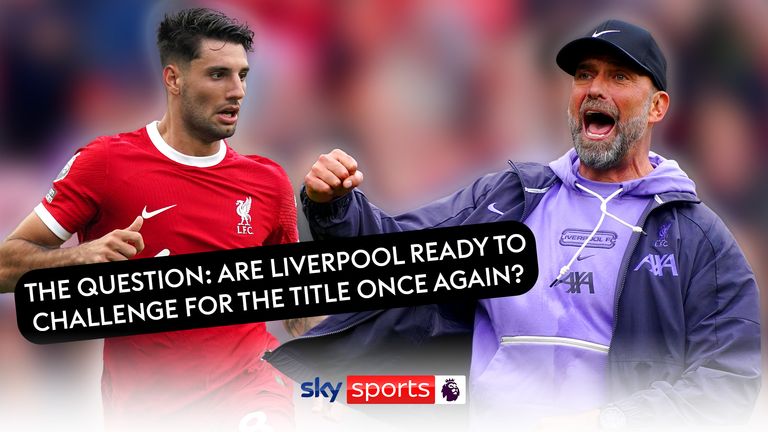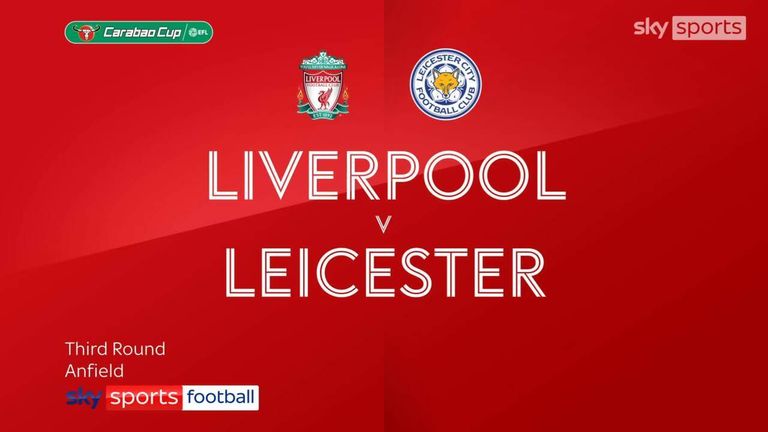Liverpool’s owners have sold a small stake in the club for up to $200m (£164m).
The money raised will be used to pay down debt and help finance capital expenditure.
Liverpool, like all clubs, were affected by the pandemic and there has been significant investment in transfers, redeveloping Anfield, building a new training ground and buying back their former training ground.
US private equity firm Dynasty Equity have spent between $100m and $200m buying the minority stake. They will be passive investors.
The money raised will go towards reducing the club’s debt burden. It will not be used to fund future transfers. Liverpool’s latest accounts to June 2022 showed a net debt of £71m.
Liverpool have not been for sale and they are not for sale. Morgan Stanley and Goldman Sachs were retained in November last year to explore investment options.
Dynasty Equity’s investment is not a stepping stone to a sale. Liverpool’s owners Fenway Sports Group remain totally committed to owning and running the club.
Liverpool held talks with other interested investment groups but the proposal from Dynasty Equity was the only one which felt like the right fit.
Dynasty Equity was set up last year by asset manager Jonathan Nelson and investment banker Don Cornwell. They plan to buy minority stakes in clubs around the world. The purchase of a minority stake in Liverpool is their first investment.
FSG bought Liverpool for £300m in 2010. According to Forbes it is now worth more than £4bn.
FSG president Mike Gordon: “Our long-term commitment to Liverpool remains as strong as ever. We have always said that if there is an investment partner that is right for Liverpool then we would pursue the opportunity to help ensure the club’s long-term financial resiliency and future growth.
“We look forward to building upon the long-standing relationship with Dynasty to further strengthen the club’s financial position and sustain our ambitions for continued success on and off the pitch.”
Dynasty executive chairman Jonathan Nelson: “We are honoured to partner with FSG and support the remarkable legacy of Liverpool in a strategic partnership that builds upon mutual respect and deep relationships among our respective teams.”




